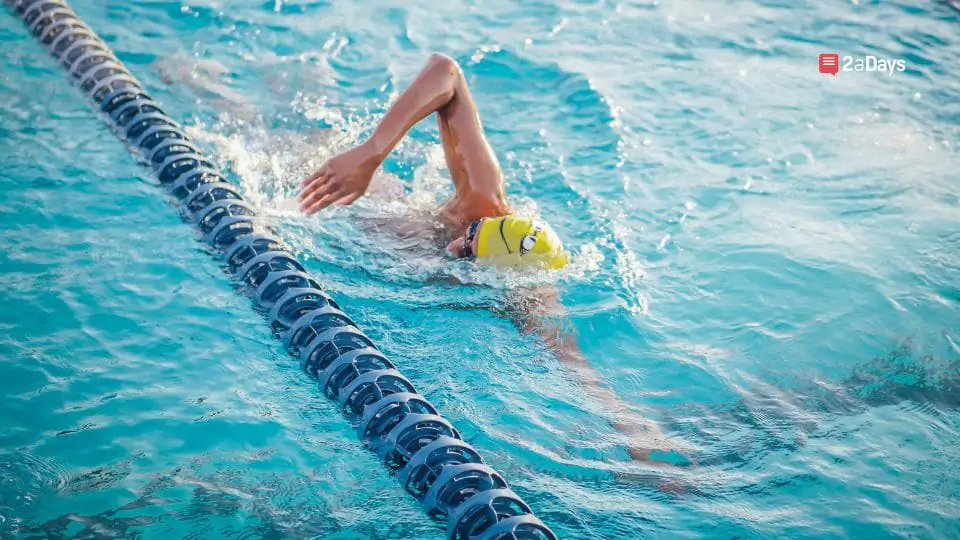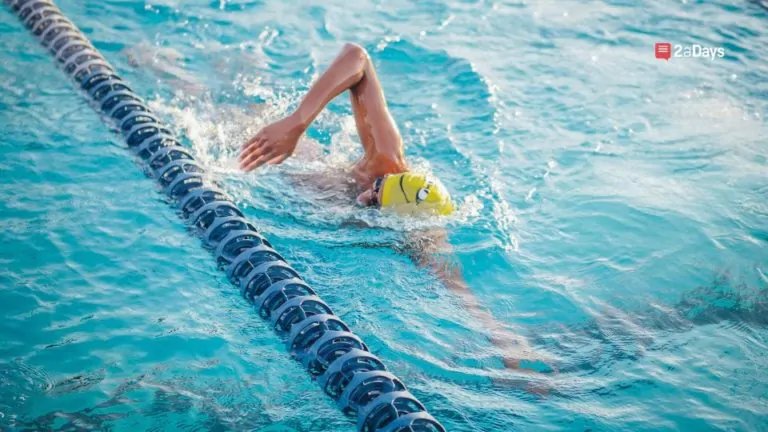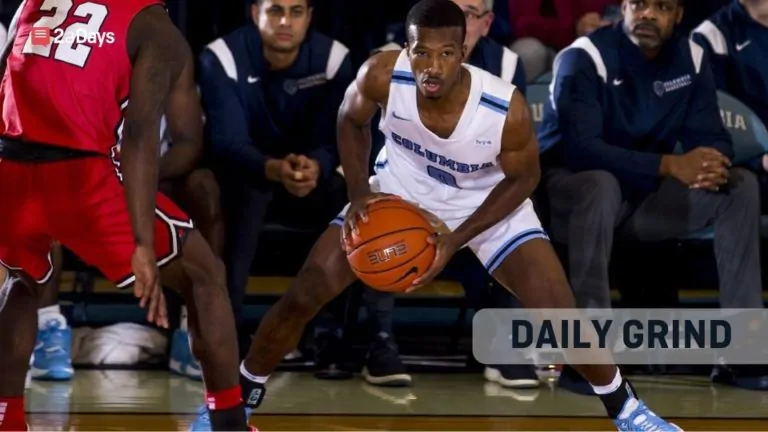Swimming is a tough sport that requires patience, persistence, and drive. Although workouts may be long and tough, there are many basics swimmers can cover to ensure that they're performing at their best. Here are seven tips to help you kick your training into high gear.
#1: Wear a Cap to Practice
If one thing stays consistent when you're racing at a meet (besides the fact that you're wearing some sort of swimsuit), it's that you always wear a cap when you race. This helps to prevent drag and can be a huge time saver if you don't already wear one. However, it's important that you wear them during practices, too. Keeping a cap on while you practice will help to simulate the feeling of a race while also helping you to get used to the feeling of wearing one during a race.
Pro Tip: If you're bald, this doesn't apply to you that much. No hair equals no drag caused by hair.
#2: Wear a Drag Suit Over Your Regular Suit During Practices
Many of you may be thinking that this tip contradicts #1, however, that isn't the case here. There's a difference between good drag and bad drag, and a drag suit falls into the category of good. Having that extra drag behind you may make you go slower during practice, but if you wear it for enough practices you'll start to notice that you feel stronger in the water. Once you get to a swim meet, take that drag suit off and you'll notice that you're moving a lot quicker and getting a much better feel for the water. When you feel good, you race better, so having a drag suit on can lead to better performance–but only if you're willing to commit to wearing it often. The strength you can gain by training in a drag suit takes lots of practice to build up.
Related: 5 Ways Swimmers Can Train in Off Season
#3: Take Time After Practice to Work on Technique
If you have time after a workout, speak with your coach one-on-one about working on the parts of your swimming technique that aren't exactly up to par with the rest of your stroke. Like wearing the drag suit, the benefits you'll reap from extra training here will take a bit of practice, so make sure you commit to taking this extra time on a consistent basis. As an example, I've been working with my coach on my backstroke start this summer to improve my technique and speed into the water. After a few weeks of extra work I already feel as though my start is much better than it was a month ago. Do this with any area of your stroke to gain long-term benefits.
Related: Rate your Coaches, Facilities, and Campus Visits
#4: Work Your Underwater Kicks
If you notice anything consistent when it comes to the great names of this sport, it's that they stay underwater off the walls longer than most other people. Especially at the collegiate level, underwater kicking is very important: it can make up almost half of your race, and your efficiency here can make or break your swim. This is why it's important to work on them during practice. Off your walls, make a goal for yourself to do “X” number of kicks each time and bump that number up every couple of weeks. Not only will your kicking get faster and more efficient, but your leg strength will increase as well. You'll also be able to stay underwater for much longer, as consistent underwater work will build up the strength of your lungs.
#5: Make All Your Turns Fast, Even During Practice
This is another key component when it comes to swimming in college. Since all your races will be in a 25-yard pool, you'll be doing flip turns and open turns quite often. Take advantage of that time by making all of your turns fast and efficient. This will help with muscle memory and ensure that your turns are as efficient as possible when it comes time to get in and race. With all that time that you'd put in on making your turns fast and efficient, you may make them more technically sound as well. You might think that doing a turn slowly or inefficiently may not matter that much in a race, but that adds on a lot of time that could be detrimental in a race. So be sure to work your turns, because it could be the difference between first and second place.
Related: Boston University Swimming & Diving Coach Bill Smyth Offers Recruiting Advice
#6: Know Your Times
My club coach in high school had a saying he would use often, and for good reason: “If you don't know, you don't care”. This applies to knowing your times in practice. When you finish a set in practice, make sure you look up at the pace clock and get your time. This is especially important during sets where there are many racing components. You can even make a game of it–look at your time after you finish, and then try to beat that time when you push off again. It will keep your brain active during the set and ensure that you stay focused. This also looks good to coaches–if you know your times in practice, it will show them that you are dedicated to improving yourself and getting faster.
#7: Don't Pull on the Lane Line
We've all been there before: you're doing a backstroke set and you're tired, and you think pulling on the lane lines would make the set a lot easier. The only problem is that it does make the set easier, but it won't make you get better and you'll get nothing out of it. Fight the urge to pull on the lane line during backstroke practice, and it will pay off in the long run for your stroke. Not only will it be stronger, but your coach will no longer view you as lazy because you decided to put the work in! It's a win-win scenario!
Have an idea for a story or a question you need answered? Want to set up an interview with us? Email us at [email protected]
* Originally published on December 23, 2022, by Michael Choate







